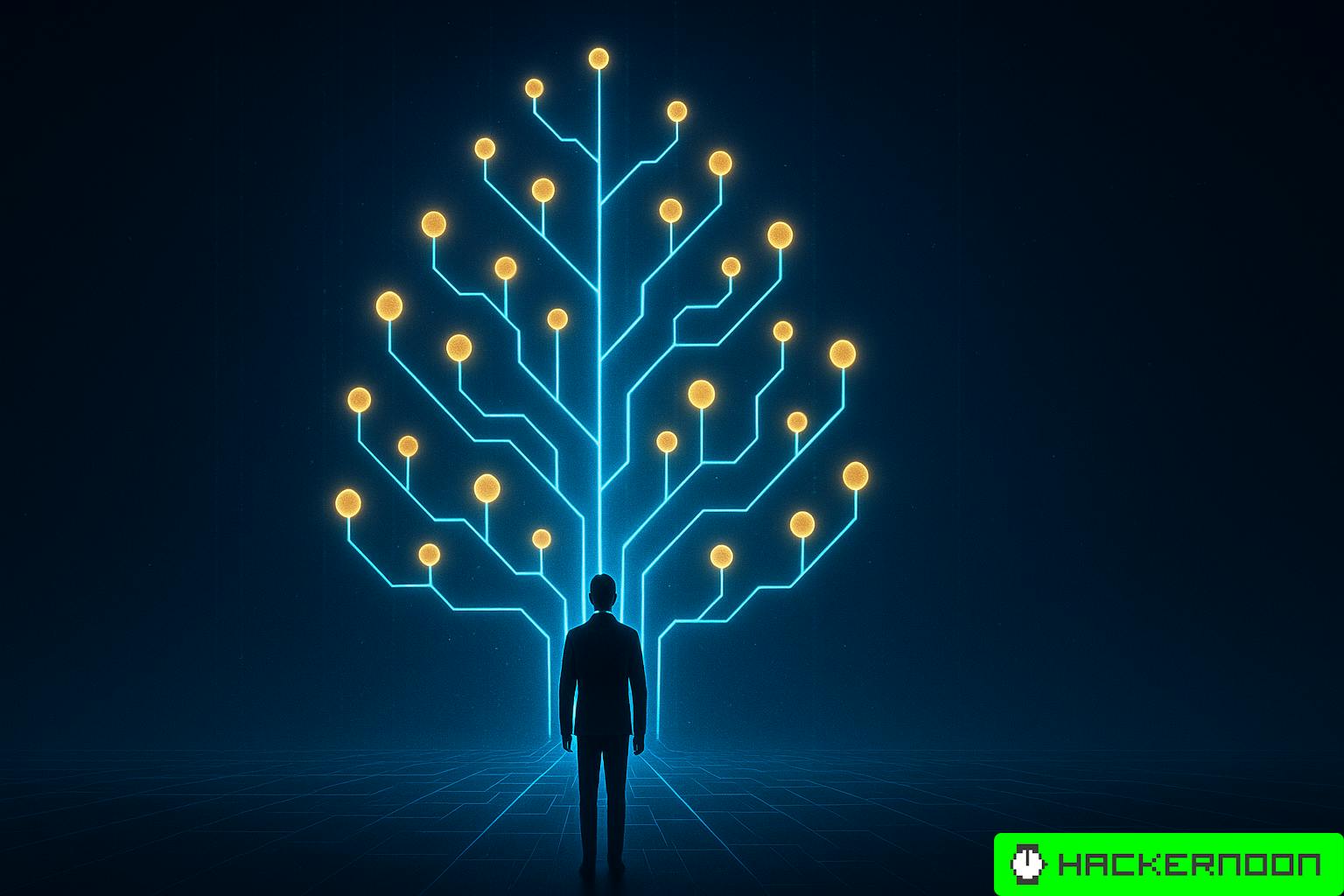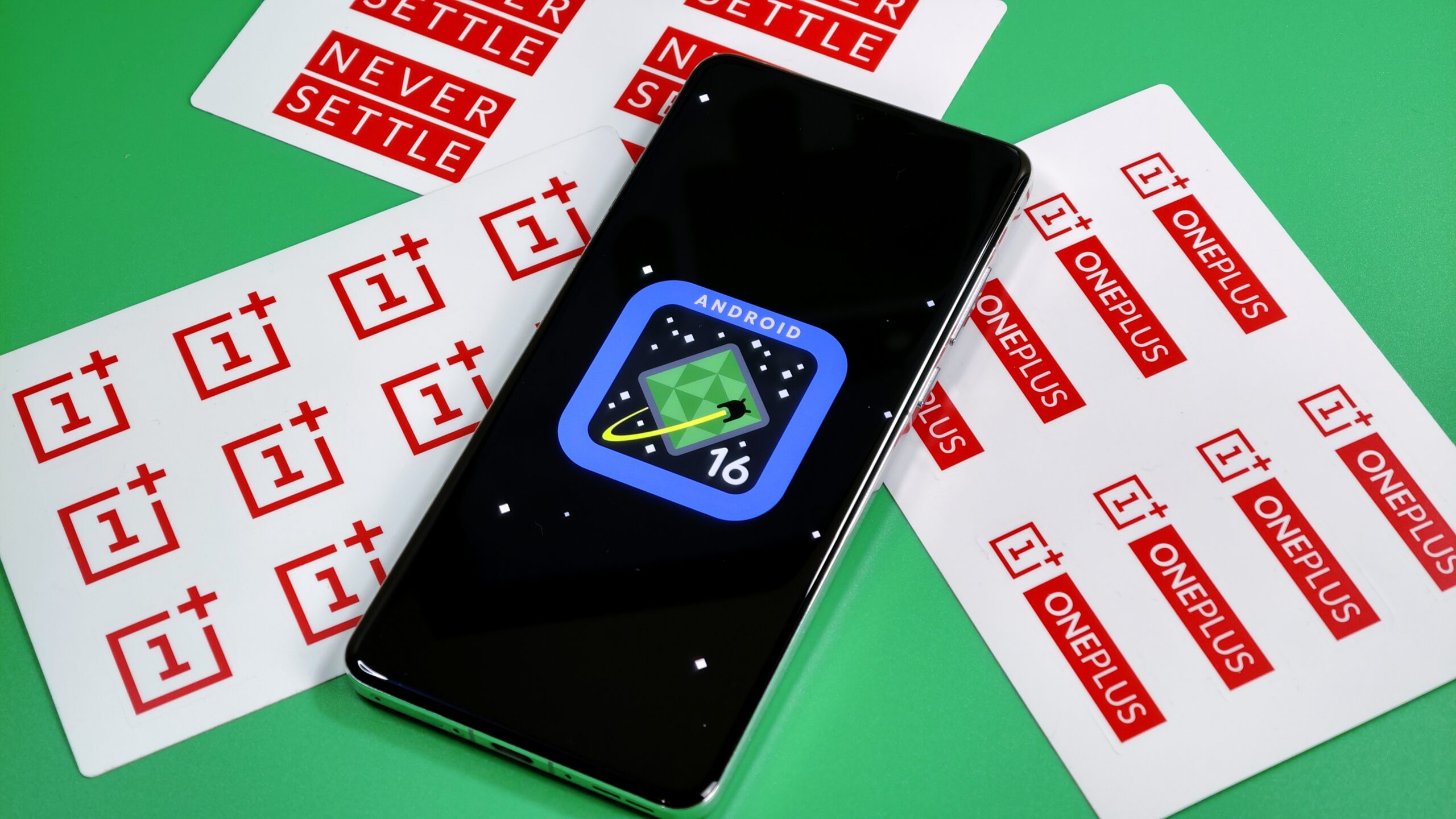Imagine opening your career profile and seeing something that looks less like a résumé and more like a skill tree. Each branch represents a challenge you have completed. Each level reflects what you have learned, not what you were called. Instead of a title, you have a trajectory.
Titles once made sense. They were the markers of order in an industrial world. Manager, director, vice president. Every step was supposed to bring authority, experience, and respect. But titles have turned into labels that often hide more than they reveal. They describe hierarchy, not growth. They reward staying still long enough to be promoted, not evolving fast enough to stay relevant.
The problem is that we built work as a ladder in a world that now functions like a network. Ladders are linear. Networks are fluid. A ladder rewards those who climb; a network rewards those who connect. Yet most companies still measure success by how high someone sits rather than how deeply they contribute.
The result is a quiet mismatch between how people grow and how organizations recognize it. In fast-moving industries, job titles lose meaning almost as soon as they are printed. A product manager in one company might be a strategist in another. A senior analyst may have junior impact. The market moves faster than our labels can update.
Imagine instead a world where careers were measured like experience points in a game. Every project, challenge, or collaboration would add to your personal level. Your growth would be visible not because someone approved it, but because you achieved it. Progress would be continuous and personalized.
The idea is not about turning work into play, but about turning growth into something visible, trackable, and alive. In games, leveling up is never about waiting for permission. It is about learning by doing, failing, and trying again. Players know exactly what actions bring progress. The feedback is instant and honest. Work could learn from that.
A level-based system would also solve one of the greatest frustrations in modern workplaces: invisible skills. Many people become excellent communicators, mentors, or problem solvers long before anyone notices. Their value is real but undocumented. A level system could map these behavioral strengths and make them part of an evolving digital reputation.
Imagine being able to show not just what you studied, but how you handle conflict, adapt under stress, or contribute to team resilience. These are the qualities that actually determine performance but rarely appear in a CV.
Of course, there is a danger in quantifying everything. The point is not to turn people into numbers again, but to make growth transparent. Levels can act as mirrors, not cages. They should show where you have been, what you have learned, and where you could go next. The system should adapt to you, not the other way around.
The psychological effect would be profound. When people see their progress in real time, they develop a sense of ownership over their development. Motivation shifts from external approval to internal drive. Feedback becomes less about judgment and more about navigation. Careers would become personal journeys of evolution rather than corporate waiting rooms.
Organizations would also benefit. Hiring could become less about guessing potential and more about reading clear behavioral data. Instead of sorting people by credentials, companies could identify the right mix of strengths for a project. Collaboration would feel more like assembling a team in an online game — each person bringing a specific capability that levels up the group as a whole.
The implications for education are equally strong. Schools and universities still operate on a pass-fail logic that ends once the diploma is issued. But real learning never stops. If we treated learning as a living system, the same level map could follow a person from childhood through every career reinvention. Continuous growth would finally have a structure that fits the reality of modern life.
There is also a deeper cultural reason to rethink titles. Hierarchy once gave people identity. It told them who they were in relation to others. But in a world defined by rapid change, fixed identity becomes fragile. Titles promise certainty that no longer exists. Levels offer something better: movement. Instead of saying “I am,” you begin to say “I am becoming.”
That single shift in language carries a new philosophy of work. A title defines. A level invites. Titles end the conversation; levels continue it. The future belongs to those who treat their careers not as positions to defend, but as characters to develop.
Technology can help, but it cannot decide what matters. The values behind the system are what will determine whether leveling up becomes empowering or manipulative. If companies use levels to reward learning, reflection, and contribution, they can build trust. If they use them to rank and control, they will recreate the same hierarchy in digital form.
The goal is not to gamify control but to visualize growth. When people can see their evolution, they tend to evolve faster. They experiment more, share more, and learn from failure instead of hiding it. The data should support humanity, not replace it.
The future of work is not about automation replacing people. It is about people learning to think like systems without losing their humanity. A level-based career framework could bridge that gap. It would give us a shared language for progress that feels both measurable and meaningful.
Perhaps one day, when someone asks what you do, you will not answer with a title. You will answer with a story. A story of challenges faced, lessons learned, and worlds unlocked. And maybe that will tell them far more about you than any job title ever could.










